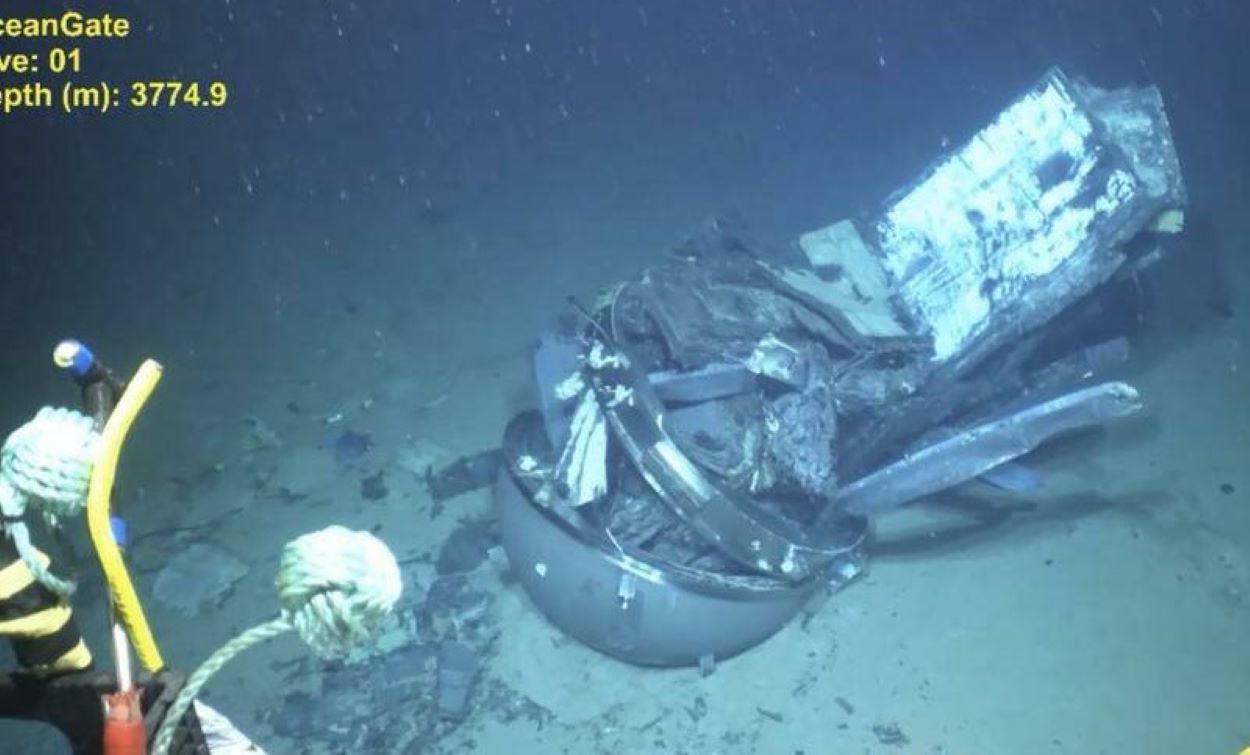On August 5, 2025, the U.S. Coast Guard Marine Board of Investigation released a 300-page report concluding that the 2023 implosion of the Titan submersible, which resulted in the deaths of five individuals, including a father and son from Pakistan, was mainly due to its inadequate design.
Titan submersible imploded during a tourist expedition to the Titanic wreckage, a British liner that sank in 1912, killing over 1,500. The Titan lost contact during descent, with its remains found four days later, 1,600 feet from the Titanic’s bow.
Titan Submersible Implosion Key Factors
The report, following a two-year probe, identified multiple issues at OceanGate, the U.S.-based operator that suspended operations post-incident. Chair Jason Neubauer stated, “There is a need for stronger oversight and clear options for operators exploring new concepts outside of the existing regulatory framework.” The board highlighted:
- Inadequate design and certification: Flaws in Titan’s design, maintenance, and inspection processes.
- Toxic workplace culture: OceanGate’s environment hindered safety and accountability.
- Regulatory evasion: The company used intimidation tactics and its reputation to avoid scrutiny.
- Neglected hull anomalies: Known issues from the 2022 expedition were not addressed.
- Improper storage: Titan was not stored correctly before the 2023 expedition.
The report criticised OceanGate for failing to analyse real-time monitoring data from the 2022 Titanic expedition and for having an ineffective whistleblower process. It noted the company leveraged its reputation to bypass regulations, exacerbating risks. The lack of a robust regulatory framework for novel submersibles was also a significant factor, underscoring the need for stricter oversight in deep-sea tourism.
Read: Chilling Image of Titan Submersible’s Implosion Unveiled by US Coast Guard
The Titan tragedy, which claimed prominent individuals like the Pakistani duo, has sparked calls for enhanced safety standards in submersible operations. The findings could drive reforms in the unregulated deep-sea tourism industry, ensuring safer expeditions. OceanGate was unavailable for comment, but the report’s release has reignited discussions on accountability and innovation boundaries.






